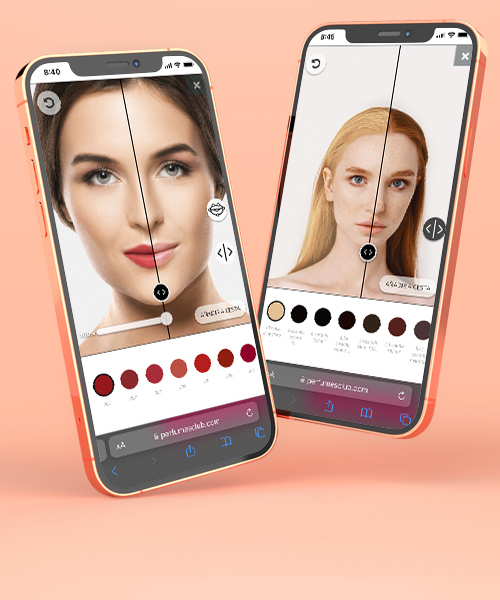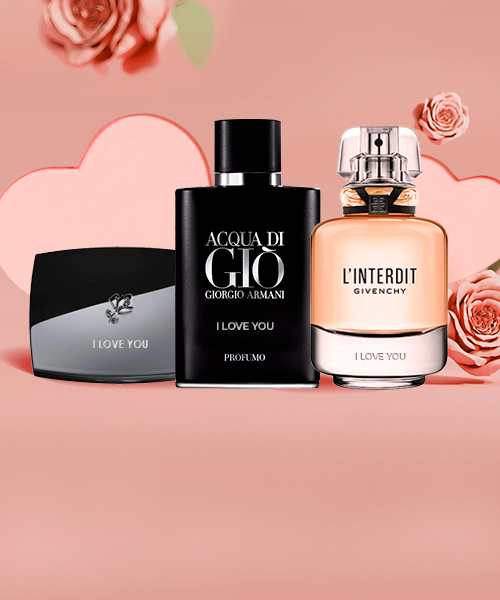Free samples
Security and trust
Delivery in 8-10 daysDelivery in 6-15 daysDelivery in 7-10 daysDelivery in 9-11 daysDelivery in 12-14 daysDelivery in 8-10 daysDelivery in 4-7 days
Hi
Enter and discover a world of beauty
Hi,
My orders
All your orders for inquiries
I want it again
Buy again with 1 click
My wishlists
All your wishlists
My account
Personal data, addresses, payments
Discount vouchers
Your discount vouchers available
PERFUMES
FACIAL COSMETICS
HAIR
Best Sellers
MAKEUP
SUN CARE
PARAPHARMACY
GET INSPIRED
GET INSPIRED













































